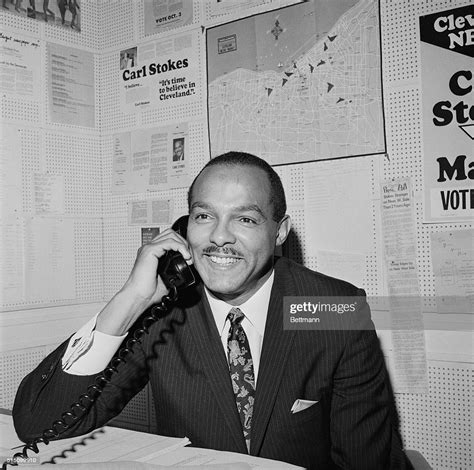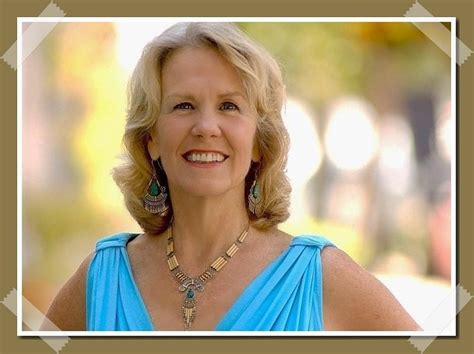A Quote by Eric Hoffer
When we are in competition with ourselves, and match our todays against our yesterdays, we derive encouragement from past misfortunes and blemishes. Moreover, the competition with ourselves leaves unimpaired our benevolence toward our fellow men.
Related Quotes
Our business in life is not to get ahead of others but to get ahead of ourselves; to break our own records; to outstrip our yesterdays by our todays; to bear our trials more beautifully than we ever dreamed we could; to give as we never have given; to do our work with more force and a finer finish than ever. This is the true idea: to get ahead of ourselves.
You just don't make decisions about what you're going to be like when you are old. I know that I am making that decision right now. Every time we perceive ourselves, others, life, the world and God in a certain way, we are deepening the habits that will take over in old age. Every time I act on the insights that I am getting now I am deciding my future and choosing to be a kindly or cynical old man. Our yesterdays lie heavily upon our todays and our todays will lie heavily upon our tomorrows.
It is not from the benevolence of the butcher, the brewer, or the baker, that we expect our dinner, but from regard to their own interest. We address ourselves, not to their humanity but to their self-love, and never talk to them of our own necessities but of their advantages. Nobody but a beggar chooses to depend chiefly upon the benevolence of his fellow citizens.
All of us are prone to excuse our own mediocre performance. We blame our misfortunes, our disfigurements, our so-called handicaps. Victims of our own rationalization, we say silently to ourselves, 'I'm just too weak,' or 'I'm not cut out for better things.' Others soar beyond our meager accomplishments. Envy and discouragement take their toll. .
Competing against each other leaves little space for reciprocity and the growth of social capital. Running against another in a race may benefit our speed, but jointly organising the sports day produces cooperation and trust. There are many situations where cooperation and reciprocity are more effective than competition. Civic virtues come from building on what we have in common rather than by using our differences to create in-groups, outgroups and fear driven competition
But how can we love someone if we don't like him? Easy-we do it to ourselves all the time. We don't always have tender, comfortable feelings about ourselves; sometimes we feel foolish, stupid, asinine, or wicked. But we always love ourselves: we always seek our own good. Indeed, we feel dislike toward ourselves, we berate ourselves, precisely because we love ourselves; because we care about our good, we are impatient with our bad.






































